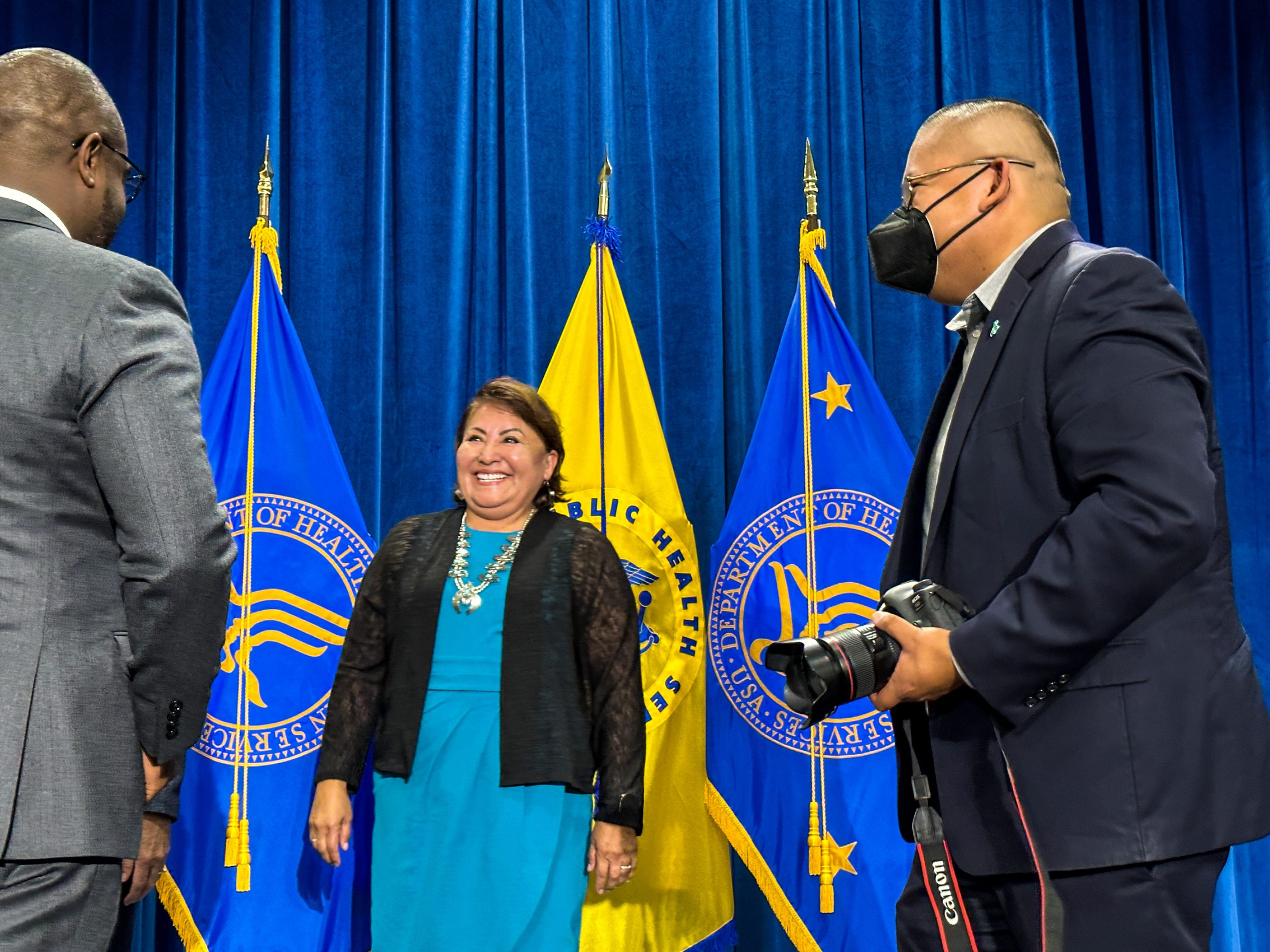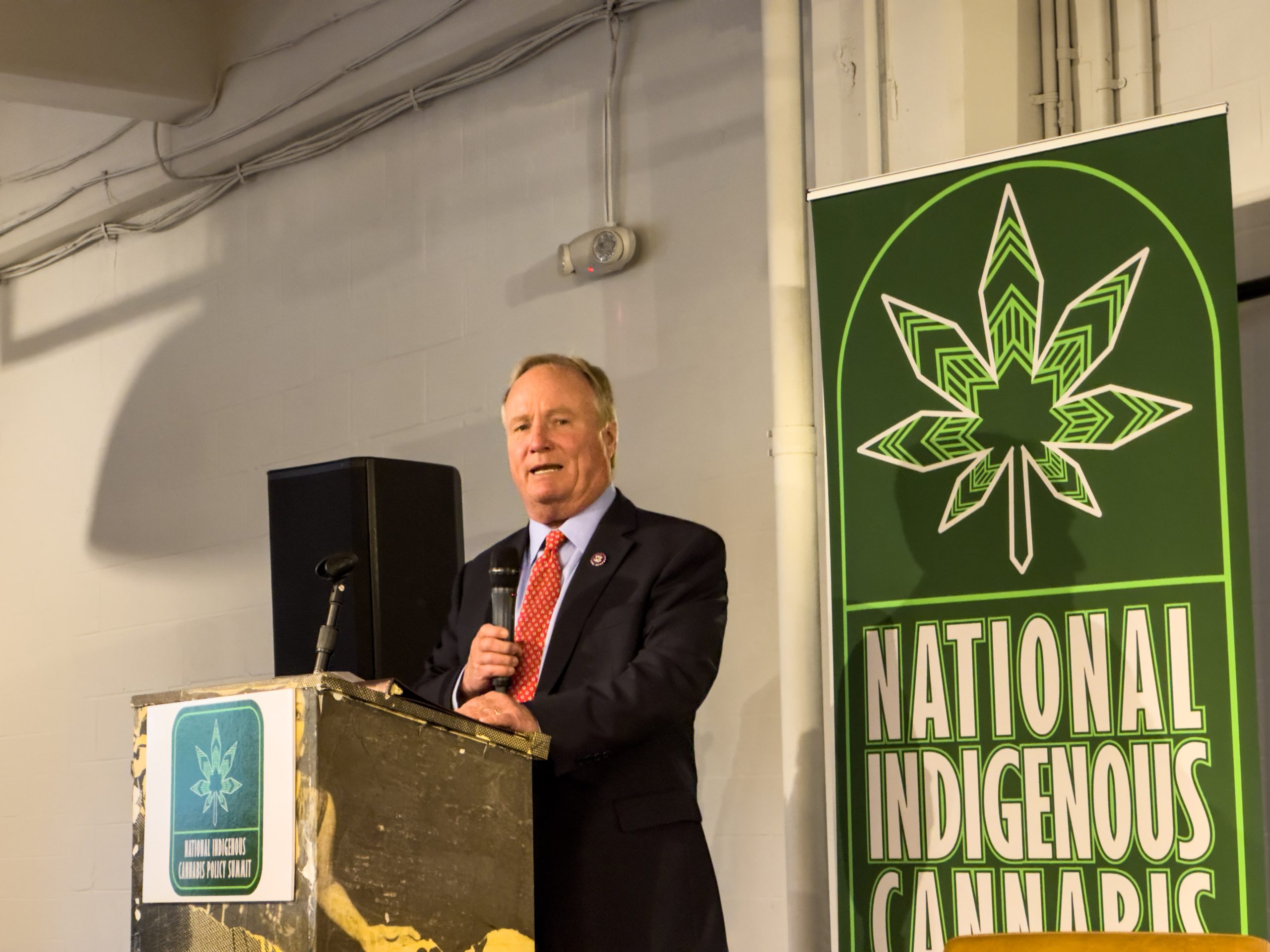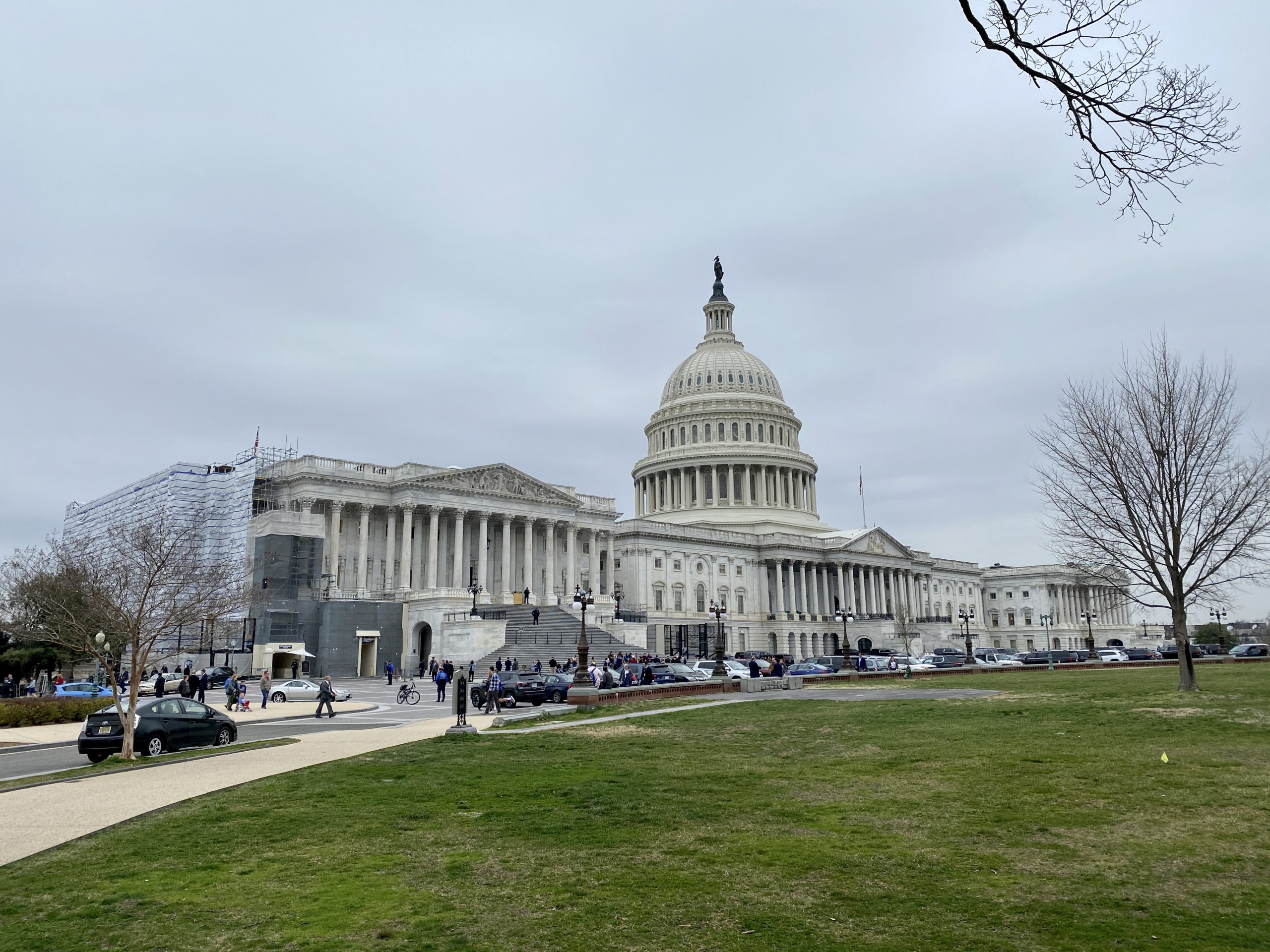Indianz.Com > News > Republicans eager to rain on historic funding achievement for Indian Country

Republicans eager to rain on historic funding achievement for Indian Country
Wednesday, January 4, 2023
Indianz.Com
WASHINGTON, D.C. — For the second day in a row, Republicans have been unable to agree on a leader for their party in the U.S. House of Representatives.
But GOP lawmakers of all stripes have found one target in common — and it’s not Rep. Kevin McCarthy (R-California), the would-be Speaker of the House. Since the start of the 118th Congress this week, they have repeatedly slammed the $1.7 trillion omnibus spending bill that has brought historic levels of funding and long-overdue improvements to Indian Country.
“Twelve days ago, 4,000 pages showed up over here — $1.7 trillion in spending, 7,200 earmarks, 24 hours time to read it,” Rep. Scott Perry (R-Pennsylvania) said of the measure on the floor of the House on Wednesday.
When Perry incongruously compared the appropriations package to “a Christmas tree right before Christmas” he rehashed a complaint that has unified Republicans as they have taken control of the House for the first time in five years. He described the bill, which became law less than a week ago, as something that “nobody outside of this town wanted.”

“Advance appropriations are necessary to ensure continued access to critical health care services for American Indians and Alaska Natives,” IHS Director Roselyn Tso, a citizen of the Navajo Nation, said in a statement on December 23. “Predictable funding will allow us to disburse funds more quickly and enable IHS, tribal and urban Indian health programs to effectively and efficiently manage budgets, coordinate care and improve health outcomes for American Indians and Alaska Natives.” “This predictability is especially important during a lapse in appropriations or a continuing resolution,” said Tso, who joined the Biden administration in late September 2022, after the agency had been without a permanent leader for nearly two years. President Biden signed H.R.2617 into law on December 29. According to Tso’s statement, the measure provides nearly $7 billion for the IHS for fiscal year 2023, which began on October 1, 2022. The advance appropriations provision in the omnibus also means that the IHS will automatically have funding once fiscal year 2024 begins this October 1. The"We need to have mandatory or advanced appropriations": Director Roselyn Tso of Indian Health Service calls for adequate & stable funding to ensure @IHSgov fulfills trust and treaty obligations to tribes & their citizens. @IHSDirector #WHTNS #TribalNationsSummit #Appropriations pic.twitter.com/haU3YEQKug
— indianz.com (@indianz) December 1, 2022
Related Stories
Search
Filed Under
Tags
More Headlines
Native America Calling: Protecting young people from the down sides of social media
Native America Calling: New Native voices in poetry
Native America Calling: Indiginerds descend on Oklahoma City
Native America Calling: Political leaders target tribes with unfounded claims
Native America Calling: Tackling a troubling trend for Native women in prison
Chuck Hoskin: Cherokee Nation safeguards our Native language
Native America Calling: How will $1.5 billion in opioid settlement money help the populations hit the hardest?
Native America Calling: Protecting the night sky
Native America Calling: Breaking 100 years of silence over ‘Posey War’
Native America Calling: Dedication to language revitalization
Native America Calling: The Great Alaska Earthquake 60 years later
Native America Calling: Native Bookshelf with Blackfeet author Stephen Graham Jones
Native America Calling: The state of Native agriculture on The Menu
Native America Calling: One fan’s vision to share his collection of Native music
Cronkite News: Tohono O’odham Nation expands internet connectivity
More Headlines
Native America Calling: New Native voices in poetry
Native America Calling: Indiginerds descend on Oklahoma City
Native America Calling: Political leaders target tribes with unfounded claims
Native America Calling: Tackling a troubling trend for Native women in prison
Chuck Hoskin: Cherokee Nation safeguards our Native language
Native America Calling: How will $1.5 billion in opioid settlement money help the populations hit the hardest?
Native America Calling: Protecting the night sky
Native America Calling: Breaking 100 years of silence over ‘Posey War’
Native America Calling: Dedication to language revitalization
Native America Calling: The Great Alaska Earthquake 60 years later
Native America Calling: Native Bookshelf with Blackfeet author Stephen Graham Jones
Native America Calling: The state of Native agriculture on The Menu
Native America Calling: One fan’s vision to share his collection of Native music
Cronkite News: Tohono O’odham Nation expands internet connectivity
More Headlines

